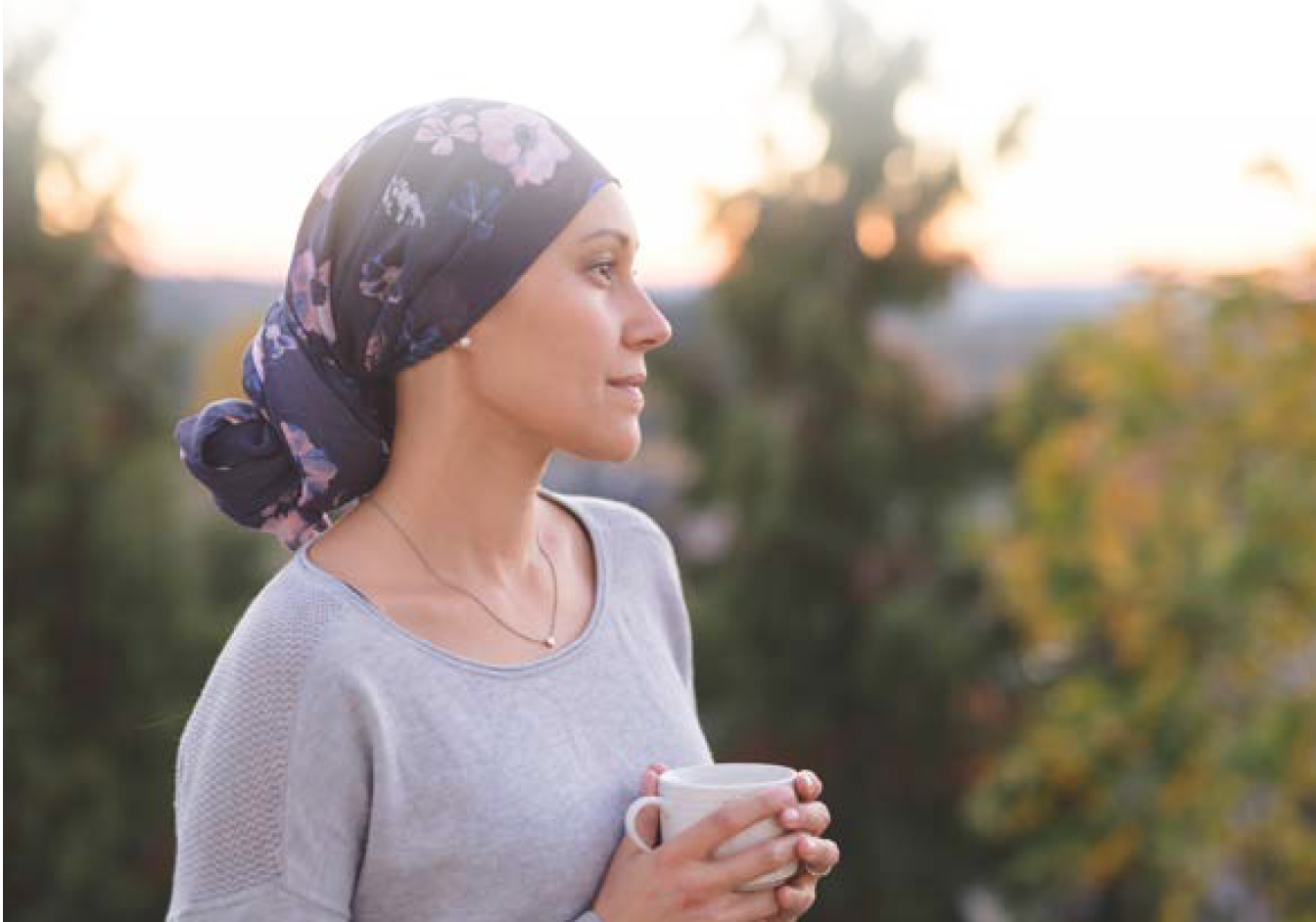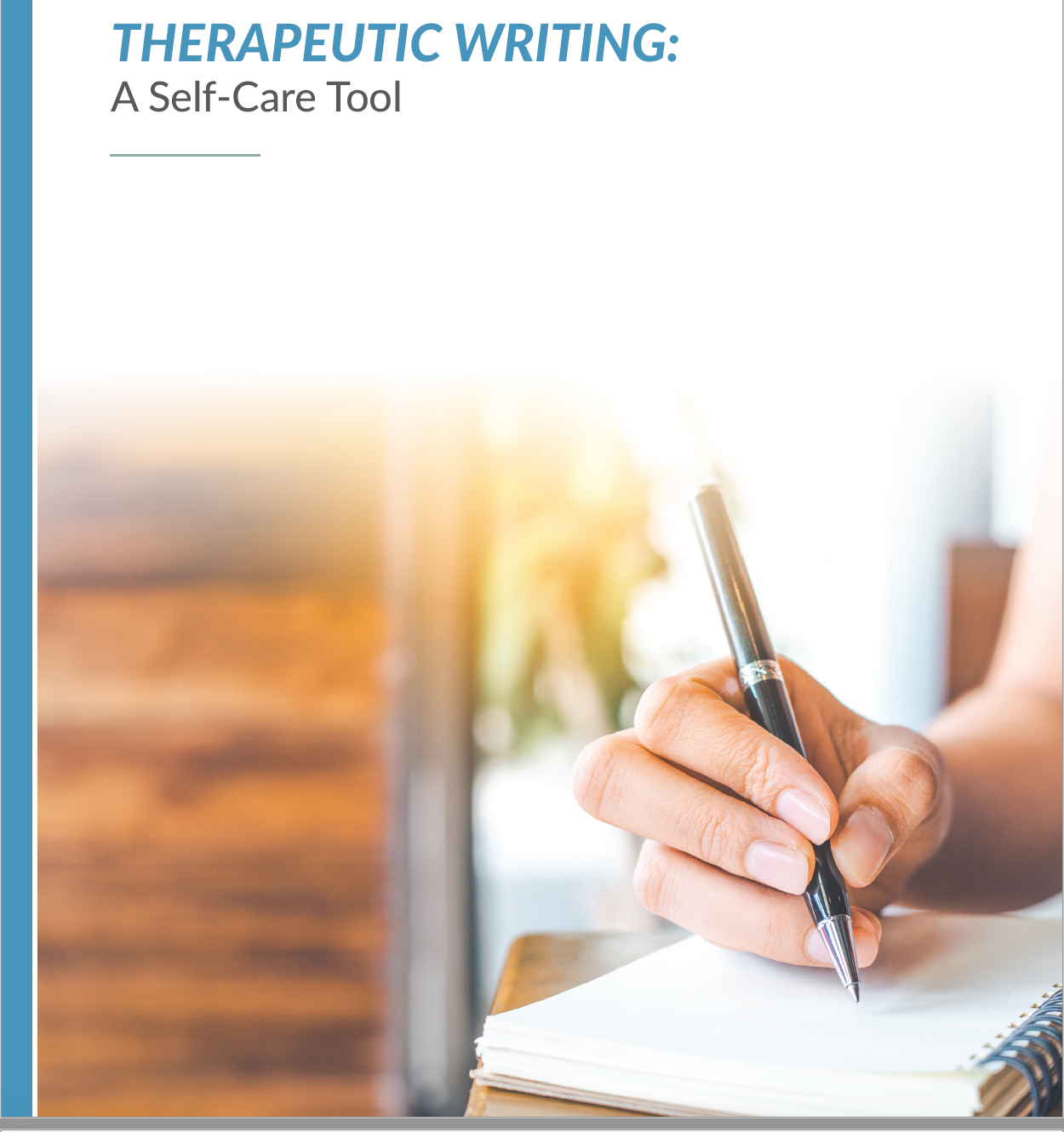Whole Person Care in Rural Areas
Rural health is about more than overcoming challenges. It’s about harnessing unique strengths: deep community ties, restorative natural settings, and a culture of resilience. Whole person care empowers patients and clinicians to build health and healing together, honoring the mind, body, and spirit. This guide focuses on strategies to implement whole person care in rural settings.










